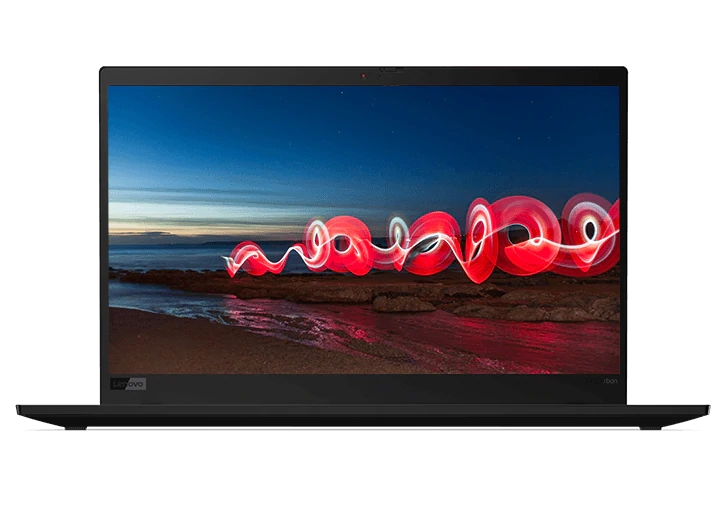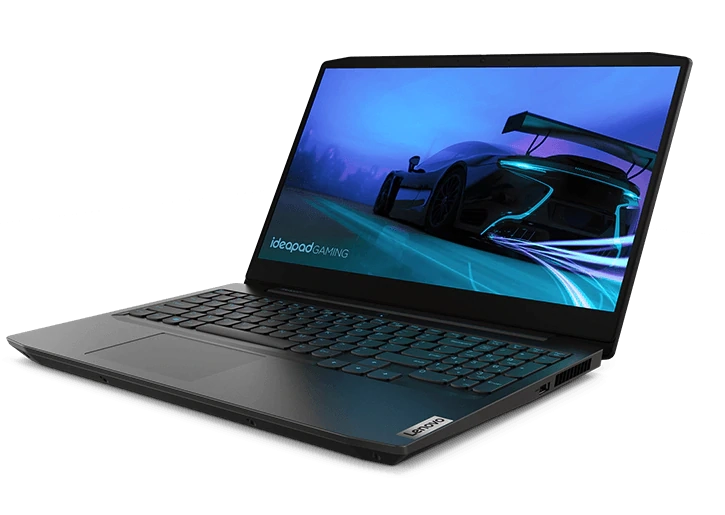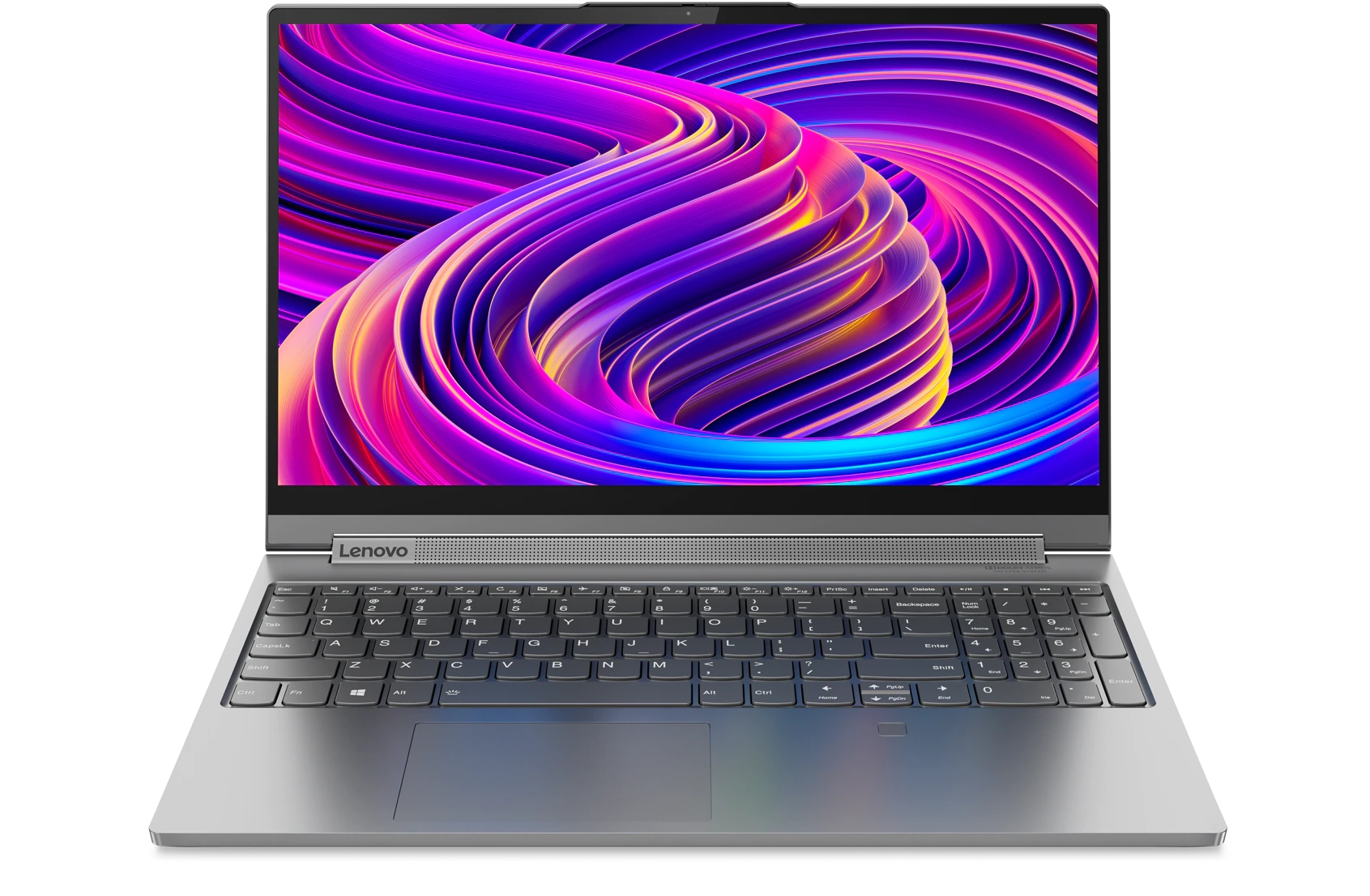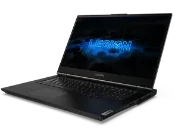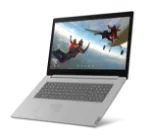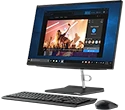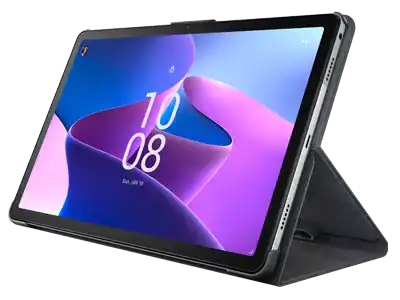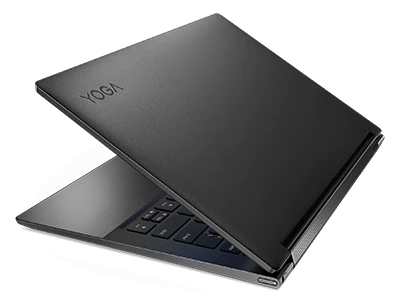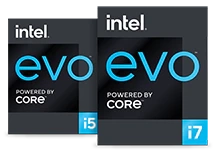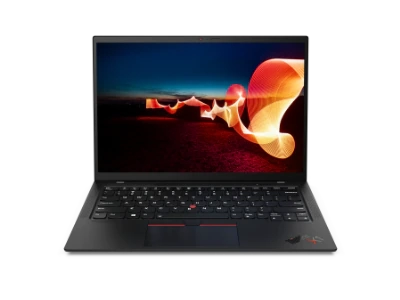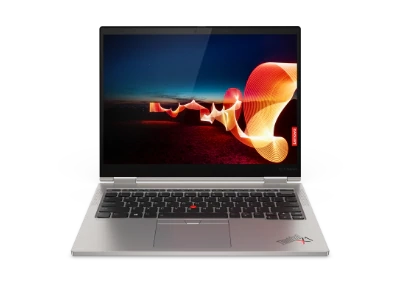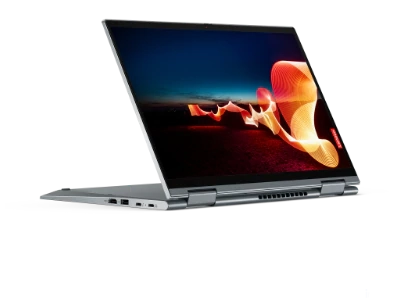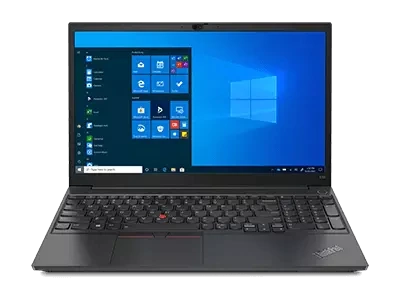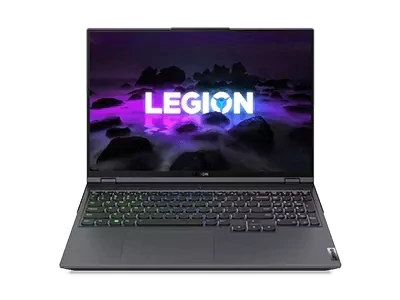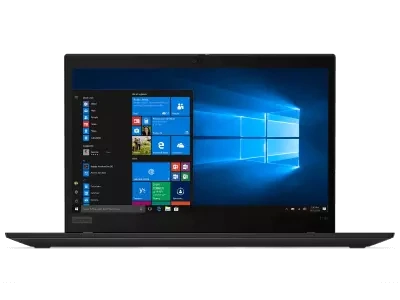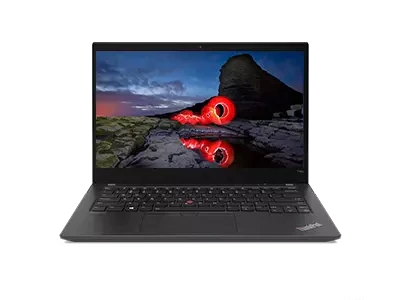Can I configure my own laptop?

Nearly every laptop manufacturer offers the ability to configure new systems with specific processors, displays, hard drives, and other features of the buyer's choosing. Customizing a laptop in this way is a great option for those who feel that available preconfigured models lack certain features or functions they need.
Most PC buyers are familiar with these preconfigured and build-your-own options and the "Buy Now" or "Customize and Buy" messages that accompany them. But is one approach better than the other? As usual, it depends. How much do you value the additional features you can add to a custom system? How quickly do you need it? The answers will determine whether a custom laptop is right for you.
Difference between preconfigured and custom laptops
Preconfigured laptops are built in bulk -- with specifications known to appeal to large segments of the market -- and sold directly on store shelves or manufacturer websites. Buy a preconfigured laptop and you can start using it immediately when you get home or after the next package delivery truck arrives.
Custom laptops are built on the same frames and with the same underlying technology as pre-built models. But you can equip them to meet your specific needs by selecting optional processors, displays, hard drives, and so on -- even a different operating system if there are multiple available. Your new system is then assembled (some especially popular combinations might be pre-assembled) and shipped within a few days or weeks, depending on the manufacturer.
How do I order a custom laptop?
Anyone can "build" a custom laptop. This is because, as we've shown, you're not constructing or assembling it yourself but rather ordering a system that will be built to your personal specifications. You won't need so much as a screwdriver!.
The process of ordering a custom laptop varies by manufacturer. Typically, you'll start by finding the overall brand or model type that's right for you (say, a thin-and-light model, or a high-powered workstation, or a ruggedized system for industrial use). From there, some manufacturers will offer a chance to "Build your own" or "Choose your specs." At lenovo.com, look for buttons that say "Customize" or something similar.
In each case, you'll land on a page that lists all of the customizable parts and prices for the product you selected. These lists will change based on your selected product, as not every aspect of every system is configurable. But in general, you can expect to find options in these categories:
- Processor:Select a faster CPU for higher performance or drop to a slower one that meets your needs.
- Operating system:Upgrade to the latest, just-released OS; choose between "home" or "pro" versions.
- Display:Keep the regular HD display or move up to higher-resolution Full HD or Quad HD screens.
- Memory:Add RAM (or different variations of it) so you can run more programs simultaneously.
- Storage:Retain the standard magnetic hard drive or upgrade to a fast-booting solid state drive.
In many PCs, the standard graphics card can be upgraded for better gaming performance. Some systems can be enhanced with fingerprint readers or facial recognition tools for added security, and often you can order pre-loaded security software to help protect against viruses, manage passwords, etc., right out of the box. Other features and components that may or may not be customizable on your new PC include cameras, keyboards, batteries, wireless, body color, and more.
Benefits of custom versus preconfigured laptops
Preconfigured laptops have earned their place. Manufacturers study customer habits to predict the features and price points that will be popular in the marketplace, and millions of satisfied consumers use preconfigured laptops each day. So, if an attractively priced, off-the-shelf system has the features you desire -- or if you're new to buying laptops and aren't comfortable making your own choices -- then go for it and click "Buy Now."
However, for those interested, there are several advantages to ordering a custom laptop with a carefully selected set of preferred specifications. First and foremost, you get exactly what you want and can tailor the system to how you'll use it, whether it's office activities, home and family use, playing games, or whatever. Why pay for preloaded software if you know you'll replace it with programs you like better, or buy a system whose processor won't support your favorite live-action computer game?
Custom laptops are also a good option for buyers who have previously found themselves ordering and installing system upgrades after their initial purchase. If you've upgraded in this way, then you're already aware of the different capabilities that can be unlocked with faster processors, higher-resolution displays, and so on. Making those decisions up front could save both time and money.
Any disadvantages to building a custom laptop -- and these are relative, since not every buyer will consider them drawbacks -- relate mostly to the additional cost of some upgrades and the time it might take to receive your new system. Faster processors, for example, will almost always hike the total system price compared to preconfigured versions of the same model. And although modern supply chain logistics make the manufacturing process faster than ever, custom laptops inevitably take time to assemble and ship, delaying the instant gratification that comes with buying off-the-shelf.



